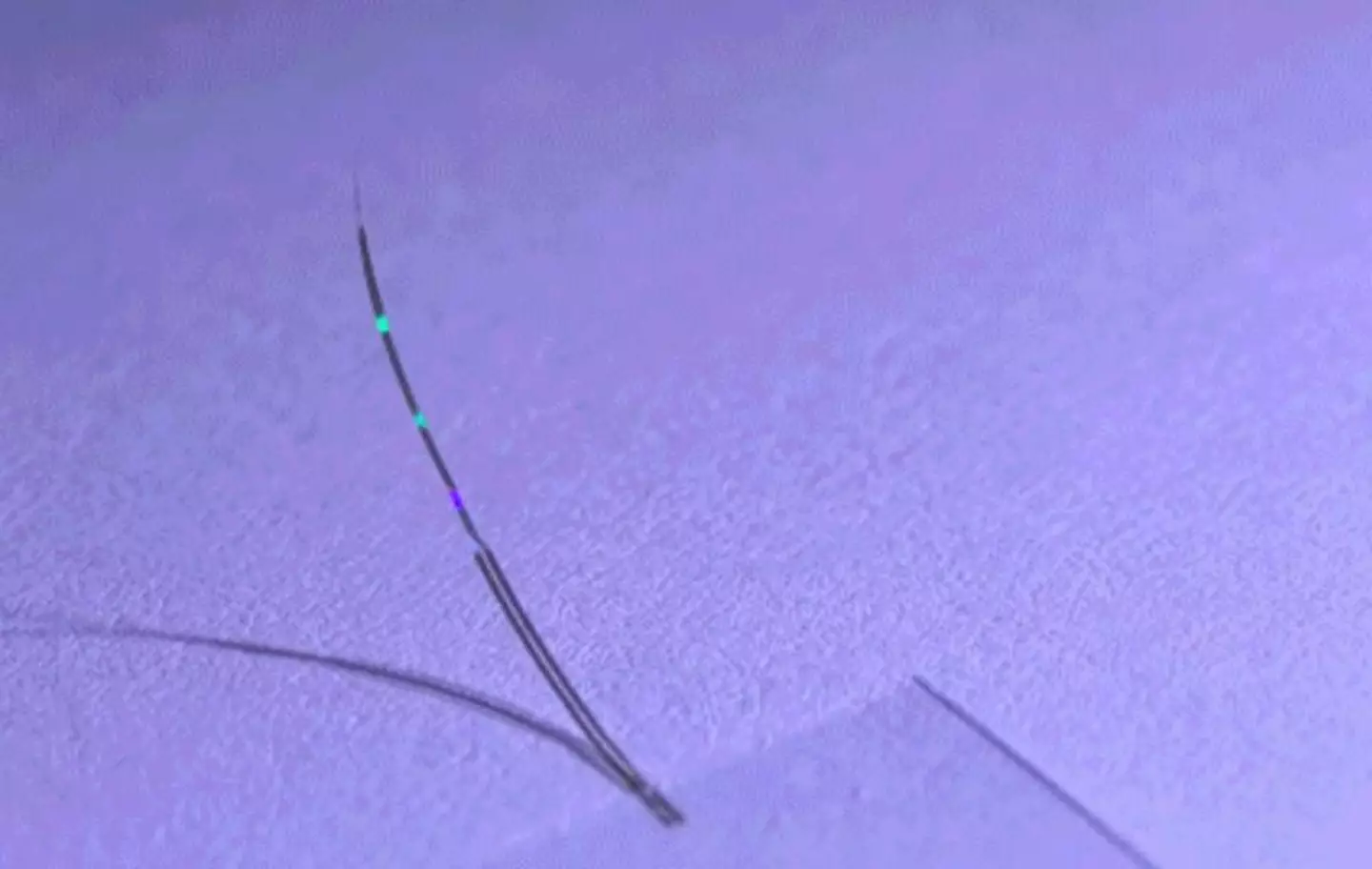
People know Elon Musk for a variety of reasons. Whether it be his many children to many women, his mission to help the human race populate Mars, or his recent fracas with the President of the United States, the world's richest man has come a long way from selling PayPal for $175.8 million.
While Elon Musk has made much of his $405.2 billion fortune from Tesla, he has plenty of other business ventures that keep his bank balance topped up. Whether it be SpaceX, X (formerly Twitter), or The Boring Company, he's got his fingers in many pies, and it's amazing he somehow finds a way to seemingly be online all the time.
Out of all his businesses, Neuralink feels like one of the most futuristic, offering people a new lease of life through brain implants.
Despite only being founded in 2016 and building actual implants since 2022, it's a company that continues to grow. Neuralink has already shown amazing success in helping non-verbal patients find a voice, while Blindsight is the latest innovation that hopes to bring sight to those without vision, and he hopes to help paralyzed people walk again.
Advert
No matter what anyone thinks of the tech mogul, Neuralink genuinely feels like a company that is helping further the human race.

Still, it's not alone in this industry, with a Chinese rival supposedly making a chip that's 'better' than Neuralink's.
As reported by Nature, Shanghai-based StairMed has helped a paralyzed man play video games as part of an increasing number of brain-computer interface (BCI) trials in China.
Apparently, StairMed has a 1-up on Neuralink by being smaller and less invasive, thanks to having fewer probes.
Although China has a history of using more simplified BCIs than its US counterparts, it's an industry that's starting to boom.
Zhengwu Liu, an electrical engineer at the University of Hong Kong, said: "BCI research in China is developing very fast."
According to Maastricht University's Christian Herff, researchers in China are rapidly expanding the field by improving the algorithms that are used to decode neural data.
The Chinese government has previously highlighted brain-computer systems as an area of priority, with Yuanning Li, a computational neuroscientist at ShanghaiTech University, adding: "A lot of young scientists are involved in this new wave of BCI."
Li claims that "progress made here can benefit patients and researchers worldwide," while several teams have announced their (non-peer reviewed) results of early-stage trials.
In particular, a BCI known as NEO was implanted into a patient in October 2023. After 20 months, the person has strengthened their grip and can now eat at drink. Currently, 20 patients have received the NEO implant.
Neuroengineer Zhengtuo Zhao says that the technology isn't as strong as some of the deeper probes that record individual neuron activity, and despite being more aimed at simpler movements, the fact that NEO is minimally invasive means it can run for a longer period.
Zhao says NEO uses 64 fine censors that are one-hundredth the width of a human hair and penetrate the neural cortex.
Even though StairMed is in its early days with this work, Zhao is looking to merge BCI tech with more intelligent systems like smart wheelchairs and advanced robots. Either way, Elon Musk and Neuralink could have some stiff competition.